Our lab group is elucidating the largest genetic repository on planet Earth – the global virome (virosphere) which is the totality of viral diversity, viral functions, viral-host interactions, and their relationship with health and the environment. The global virosphere represents the largest library of functional unknown genes on the planet. We currently lack a clear understanding regarding viral impacts on gene function, metabolism, and genetic exchange across various ecosystems, including terrestrial and host-associated habitats. Synthetic biology through engineering principles will be the key to unlocking this massive global gene repository.
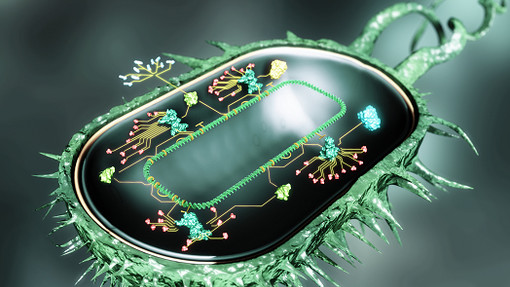
Synthetic Biology
Synthetic biology is the future of medicine, climate change mitigation, green chemistry, job growth, and tackling our greatest problems facing us today.
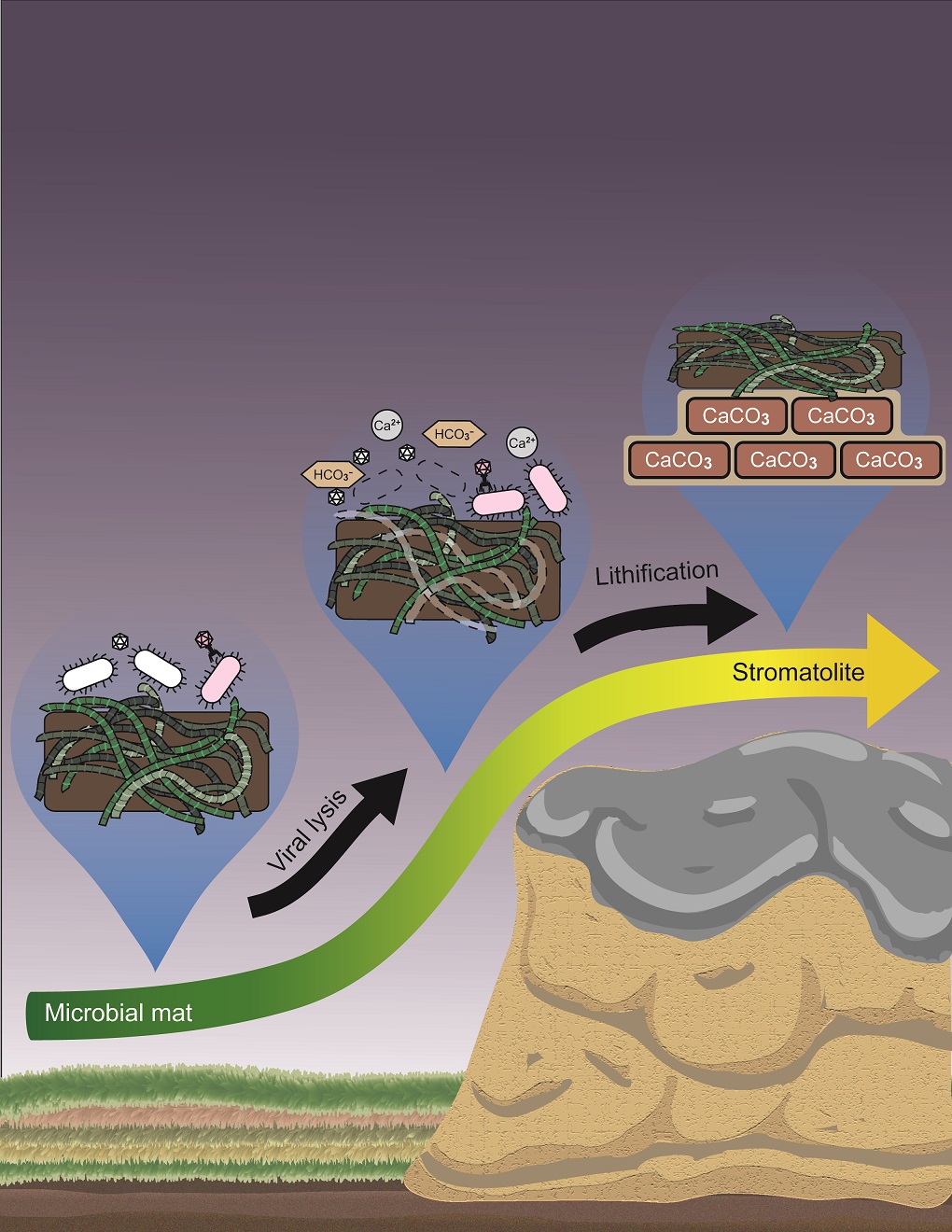
Microbialites
Modern microbialites are sentinels of environment change as the global ‘canary,’ of climate change. Microbialites are modern laboratories to study ancient probiotic ecosystems.
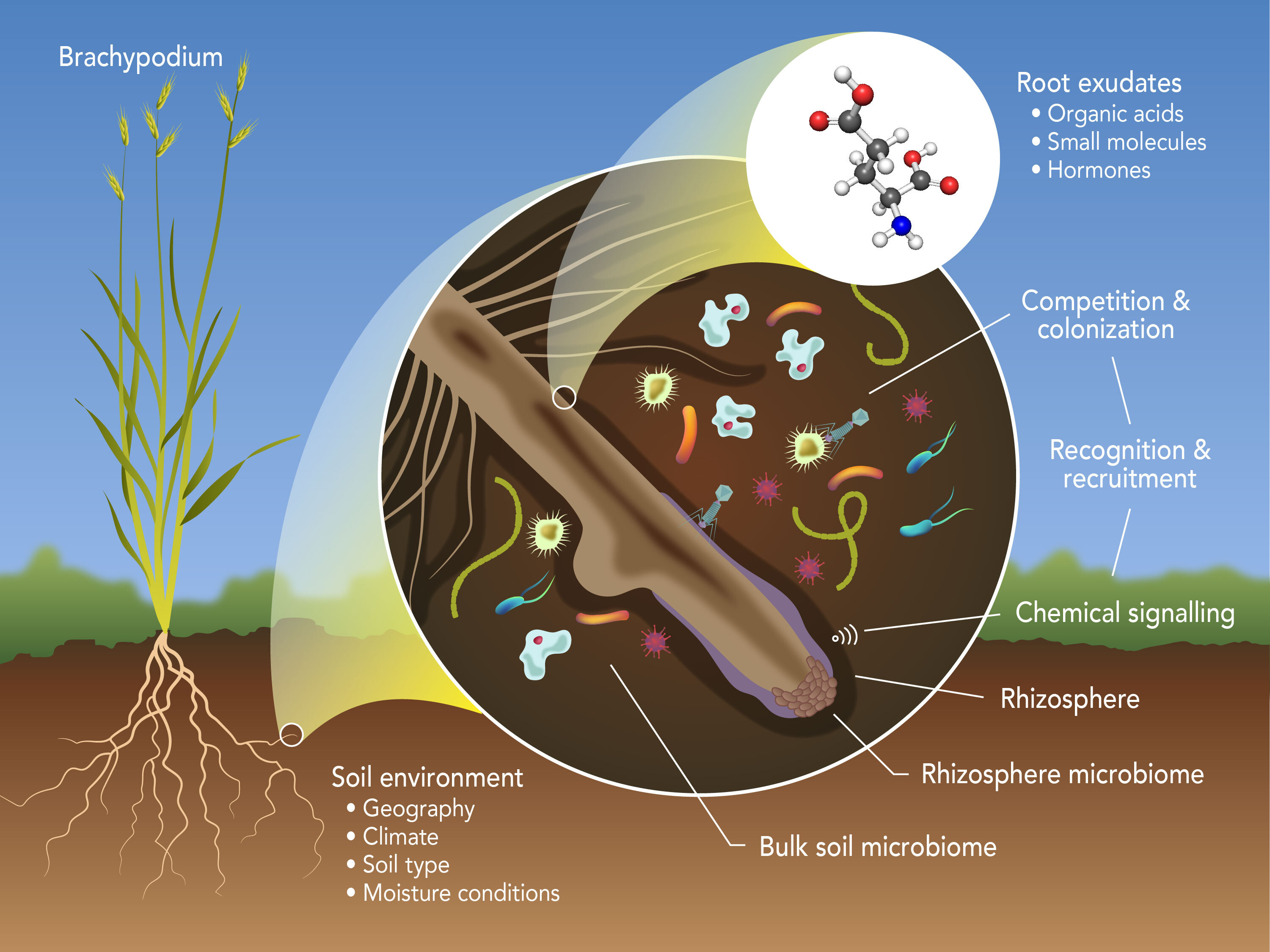
Rhizosphere
The Rhizosphere is millimeter-scale interface between the plant root system and surrunding soil. It represents the ‘gut,’ of plants where a majority of nutrients are cycled.
Human virome
It is estimated that bacteriophage (i.e., bacterial viruses) abundance outnumber human cells by 100-fold.
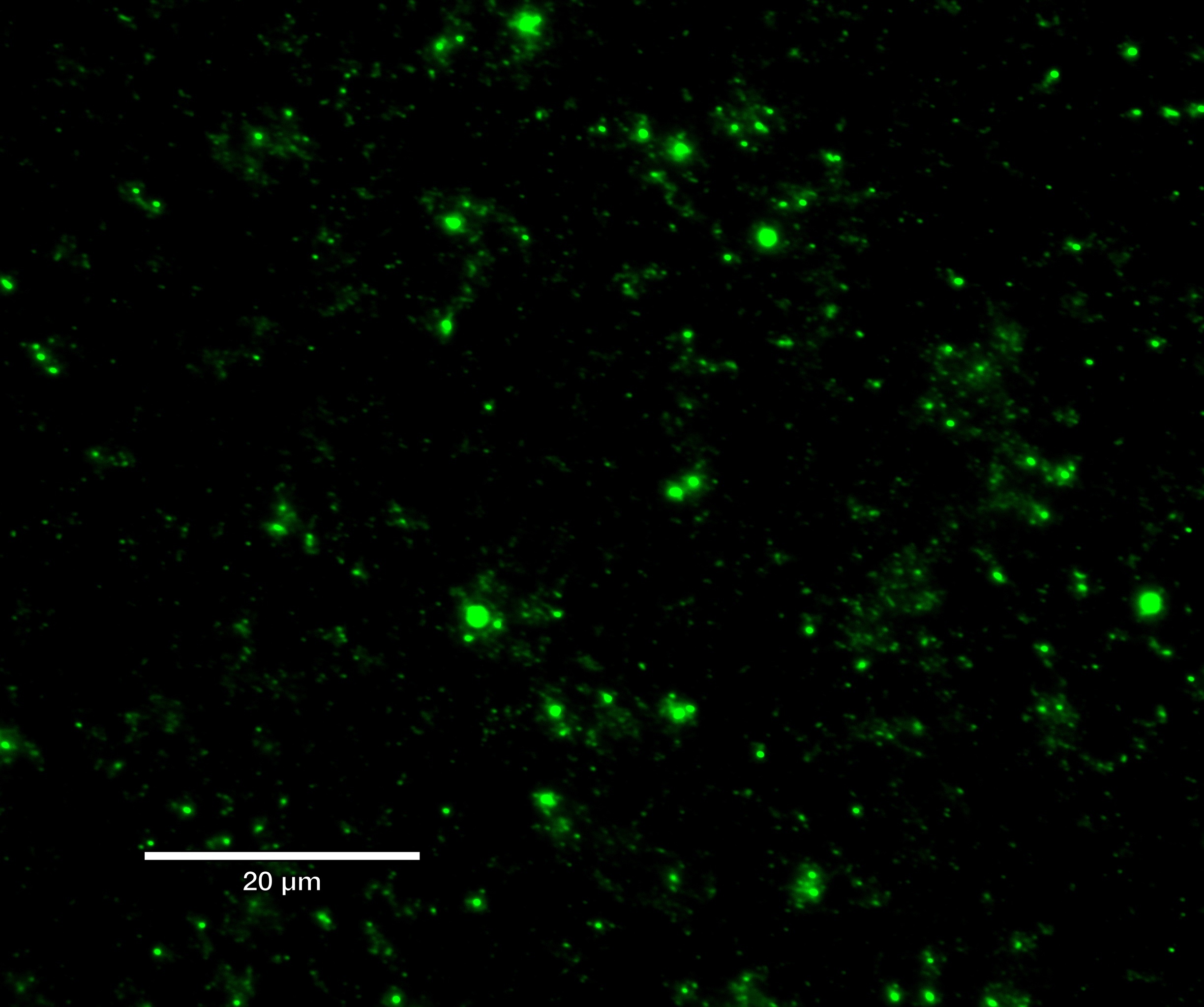
What we do ?
Elucidating the global virome - one virus, one host, one ecosystem, and one planet at a time. From phage therapy, viral ‘omics, to host-viral interactions the RAW lab is your place to understand the ‘unfilterable agents’.
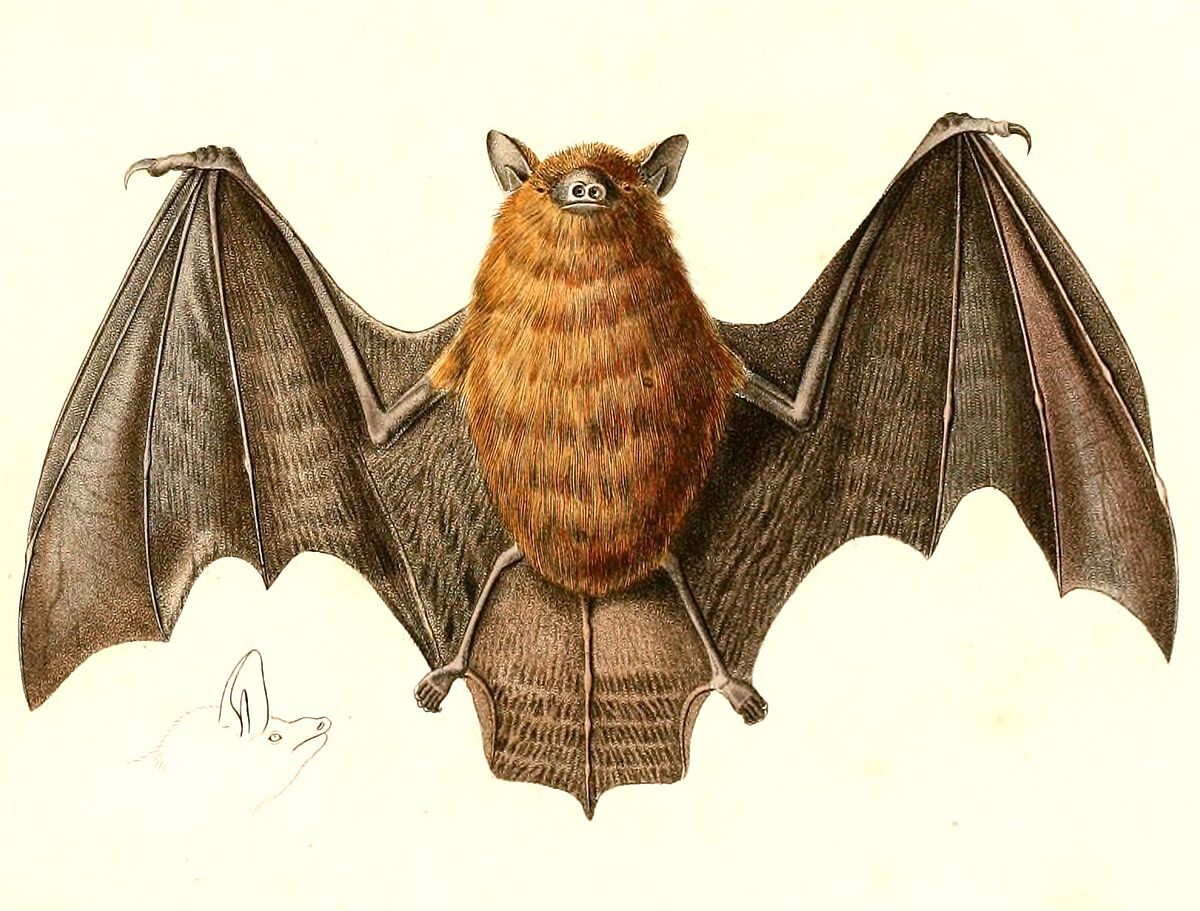
Bat immunology and viromics
Bat immune systems represent the master suppressors of viruses, able to carry multiple highly pathogenic viruses (e.g., Ebola, SARS-like, Hendra, Nipah) with no viable disease.
- SPECIAL Interdisciplinary, Inter-Institution SESSION. Mars: Why We Should Care
- Viruses May Have Played Important Role in Creating Earth’s Earliest Lifeforms
- Viruses, the good, not the bad or ugly
- Life’s Surprising Debt to Viruses
- Stromatolites—fossils of earliest life on Earth—may owe existence to viruses